March of Dimes, the World Pediatric Project, and the Sustainable Development Goals
In 2015, the United Nations developed 17 Sustainable Development Goals (SDGs) as a “shared blueprint for peace and prosperity for people and the planet, now and into the future” to be achieve by 2030. The SDGs were preceded by the eight Millennium Development Goals (MDGs), which directed the world’s governments and development institutions toward equality in meeting the world’s needs. Global Volunteers is committed to the vision and volition of the SDGs, and the MDGs before them, and measure our outcomes accordingly. In this blog series, we share the work of companion organizations toward achieving the SDGs. Read on to learn about two organizations that support children’s health and well-being. March of Dimes has supported the health of moms and babies for 80 years. The World Pediatric Project is an NGO that heals critically ill children in Central American and Caribbean countries.
March of Dimes provides services to pregnant women, advocates for radical improvements and policies that prioritize maternal and child health, and pioneers research on the biggest health threats to moms and babies. Similarly, the World Pediatric Project’s mission is to heal critically ill children and build healthcare capacity in Central America and the Caribbean. To help us understand how they use the SDGs to guide their work, March of Dimes’ Vice President of Global Programs Dr. Salimah R. Walani and World Pediatric Project’s Chief Program Officer Sarah Iracane responded to our questions.
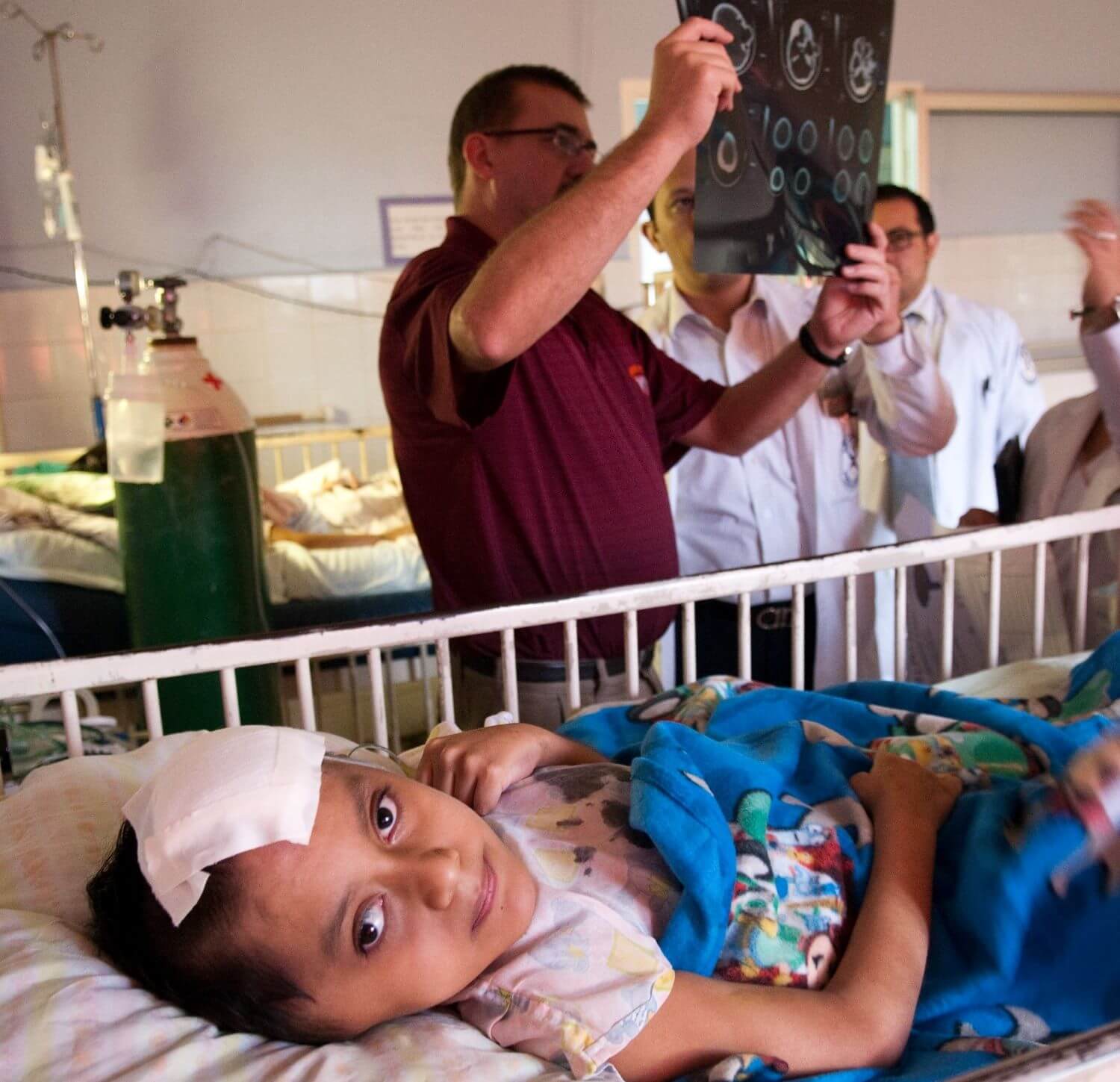
How often, and in what ways does your organization respond to the UN SDGs?
Dr. Walani, March of Dimes:
Our main work is to improve the health of mothers and babies, and is directly linked to SDG 3 (Ensure healthy lives and promote well-being for all at all ages), and particularly the targets related to reducing child and maternal mortality. Through our global programs, we engage with WHO and other organizations to improve birth outcomes.
Sarah Iracane, World Pediatric Project:
We are committed to aligning our strategic vision with the prevailing goals of the global health community. WPP programs work to support the targets of Sustainable Development Goal 3 – Ensure healthy lives and promote well-being for all at all ages.
Specifically, our work addresses the following SDG targets:
Target 3.2 – End preventable deaths of newborns, reducing neonatal mortality to 12/1,000 live births. à We do this through neonatal training programs that provide tailored skills training to frontline neonatal care workers addressing the major causes of mortality and morbidity in each hospital.
Target 3.8 – Achieve universal health coverage, including access to quality essential health care services à We do this by ensuring access to advanced surgical and diagnostic care for all children under the age of 21 in our partner countries.
Target 3.C – Increase recruitment, development and training, retention of health workforce in developing countries especially in least developed countries and SIDS à We do this through a variety of capacity building and training programs to empower and equip doctors, nurses and midwives with skills and resources to strengthen their local healthcare system for children.
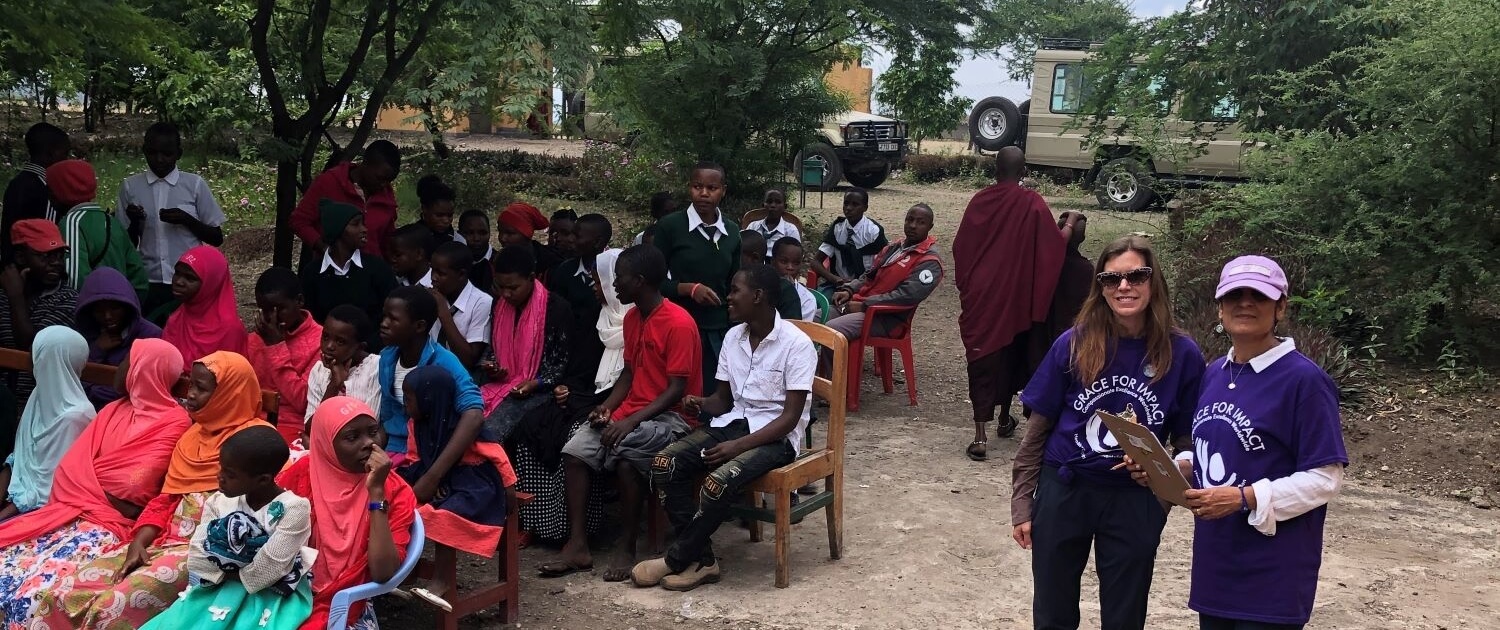
Over the years, how have the SDGs informed your organizational vision?
Dr. Walani, March of Dimes:
March of Dimes’ global engagements have been informed by MDGs and then by SDGs and the concept of Universal Health Coverage. We have worked to influence programs for prevention of preterm birth and birth defects globally by promoting health of women and girls. We have advocated for healthy lifestyles, prevention and treatment of infections, optimal nutrition and access to family planning so that women are healthy before they become pregnant.
Sarah Iracane, World Pediatric Project:
We have always strived to align our programs with the expressed local needs of the Ministries of Health and hospitals in our partner countries. As such, the SDGs directly inform our work as they are reflected in the national strategic plans and local and regional goals of each country where we work.
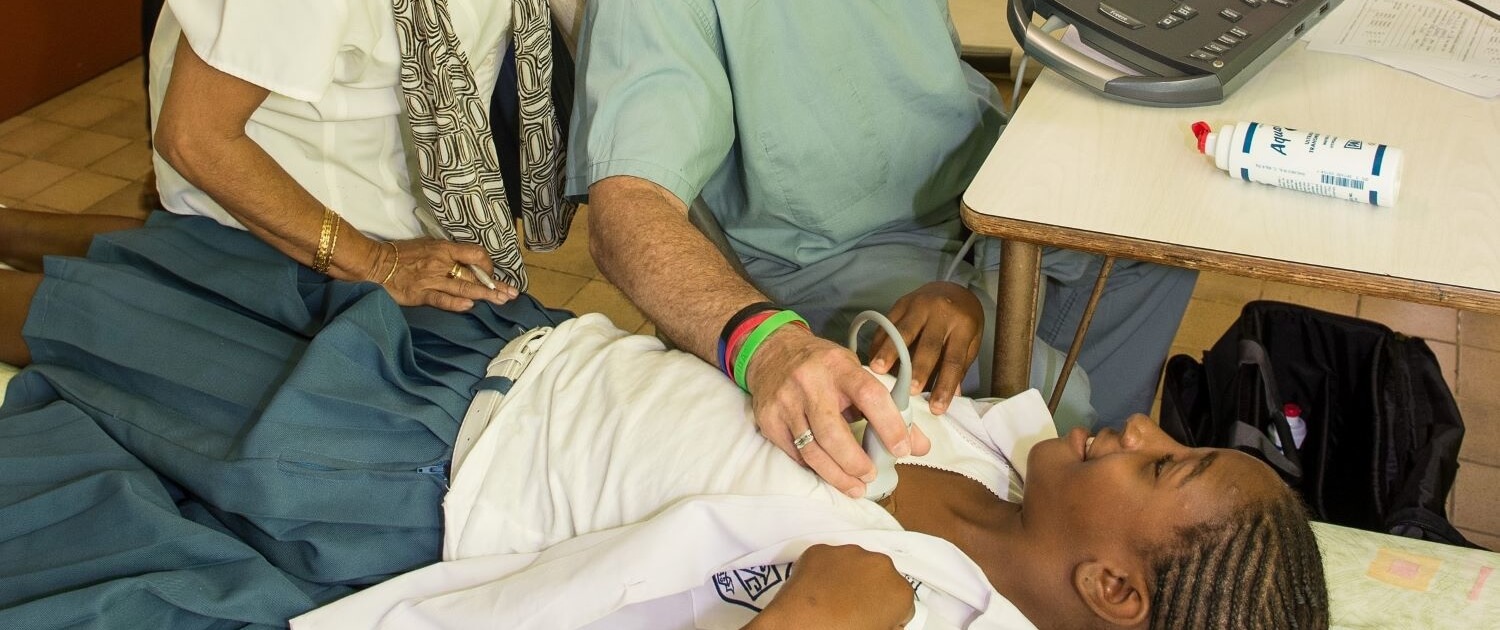
How do you collaborate with other NGOs, agencies and/or corporations to accomplish SDG outcomes?
Dr. Walani, March of Dimes:
We are a non-state actor with the World Health Organization, and often serve on technical advisory groups to improve maternal and newborn health with other NGOs and international agencies.
Sarah Iracane, World Pediatric Project:
Our partners in our work include Ministries of Health, IGOs like the World Health Organization, The Pan American Health Organization and other regional health authorities, peer global surgery and global health NGOs domestic and international, and a wide array of corporate and civic partners across the US and in our region of focus. All of these partners work together collaboratively to address the gaps in the pediatric health system in our partner countries, guided by policies and international goals for health outcomes that are set forth by targets such as the SDGs.
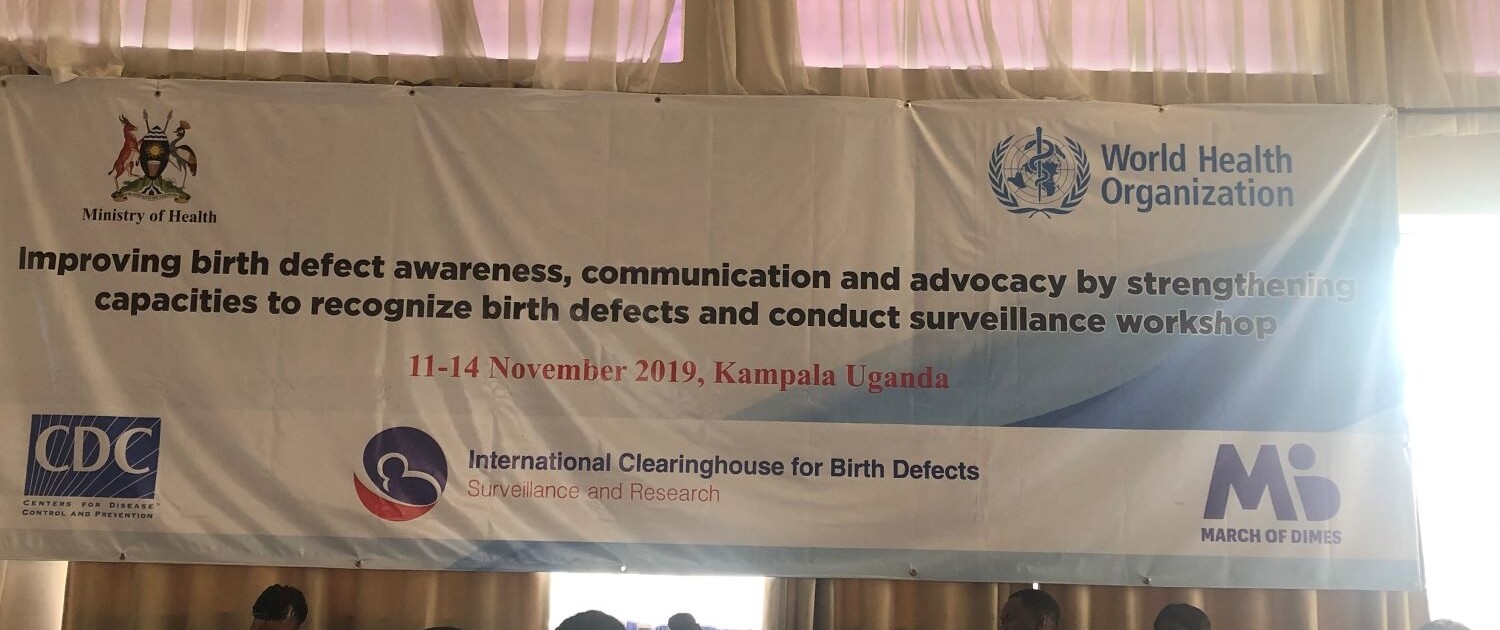
How important are the SDGs as a motivational or organizational tool for international cooperation on the global challenges we face, including poverty, inequality, climate change, environmental degradation, peace and justice?
Dr. Walani, March of Dimes:
A good understanding of SDGs is a good tool for advocacy. I feel that organizations and professionals in low-and middle-income countries can really use SDGs to influence funding and support from their governments for programs that align with SDGs.
Sarah Iracane, World Pediatric Project:
I believe the SDGs serve to bring unity around the core issues facing many countries and, most importantly, set realistic and measurable targets for countries and groups to work towards. Having a defined goal to work towards collectively is motivational and the degree to which bilateral aid, philanthropic dollars and other forms of funding are tied to SDG progress is further motivating for those in positions to drive policy.
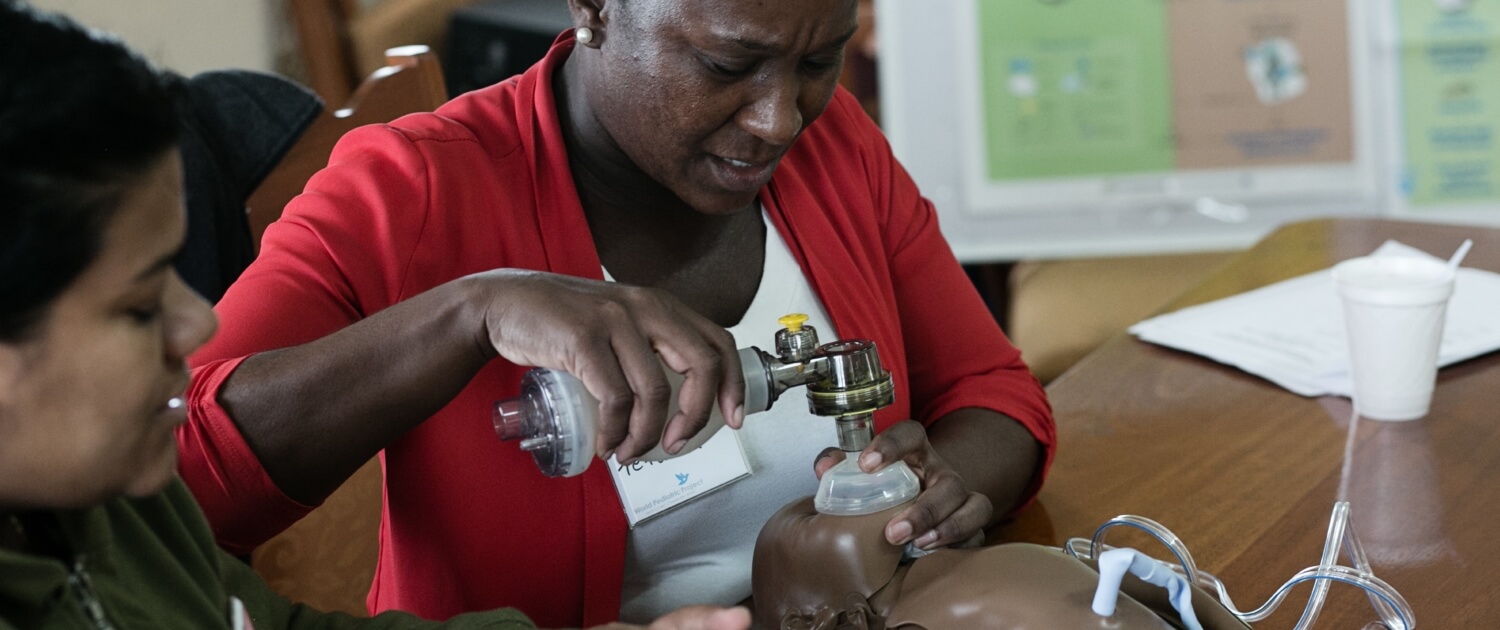
What motivates you in your work to achieve your organization’s goals to improve the world?
Dr. Walani, March of Dimes:
I am motivated to improve health and lives of women and girls in resource constrained settings. This motivation guides my engagement with partners and collaborators in low-and middle-income countries.
Sarah Iracane, World Pediatric Project:
Our primary cause, passion and purpose is the belief that access to essential surgical care is a fundamental right for all children and that all children deserve to live full and productive lives. We try to communicate to our supporters the real inequities in care across the global and the critical role that surgery plays in reducing the global burden of disease so that children go on to become contributing members of their communities and future leaders for their countries and the world.
Global Volunteers respects and supports the work of March of Dimes and the World Pediatric Project to protect the health of children and mothers worldwide. We share their vision to help achieve well-being for all without compromising the potential of future generations to meet their needs. We invite opportunities for NGO partnerships in these areas. Read on to learn how Global Volunteers’ impacts address the United Nations SDGs and how our Reaching Children’s Potential Program is helping to end stunting in Tanzanian villages.
,

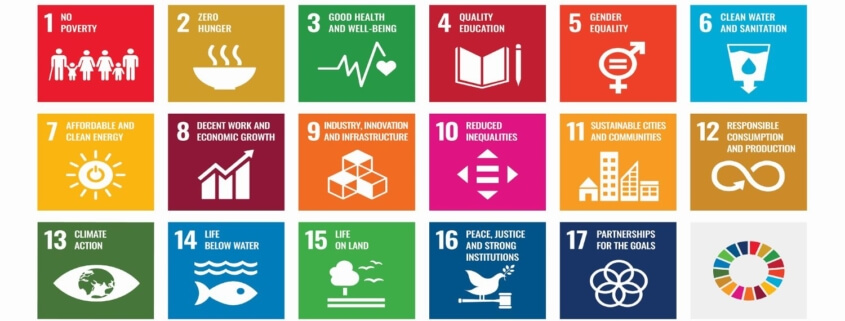

Leave a Reply
Want to join the discussion?Feel free to contribute!